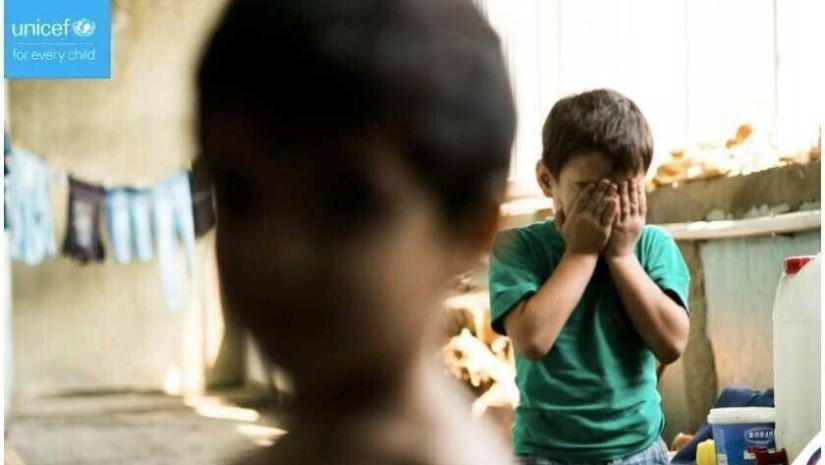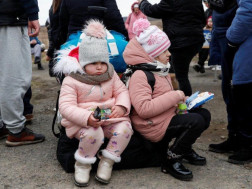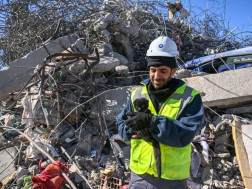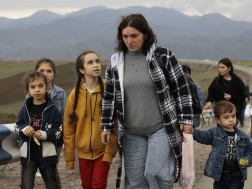“Children and adolescents have been greatly affected by the COVID-19 global pandemic,” UNICEF released a statement regarding International Child Protection Day, saying “UNICEF is particularly concerned about the impact on those that have inequitable access to basic services and resources.”
“Children living in overcrowded households or in inadequate conditions, like lacking hand-washing and other hygiene facilities, are particularly vulnerable to rapid COVID-19 transmission. According to UNICEF’s Multiple Indicator Cluster Survey, 29,800 children in Georgia have no handwashing facility with water and soap in the household. This means they are exposed to a greater risk of COVID-19 infection,” UNICEF stated.
The United Nations Children’s Fund noted that “all children should continue to learn during the ongoing crisis and be able to safely return to school.”
“Children who are already marginalized by lack of access to digital tools and internet connectivity, favourable home learning environments and parental support, risk falling further behind. Lacking quality access to the internet is another obstacle to children, adolescents and youth’s access to interconnectedness, playing and learning,” UNICEF stressed.
According to the statement, there are 50,400 of 3- to 17-year-old children in Georgia who have no access to the internet and a computer at home.
















